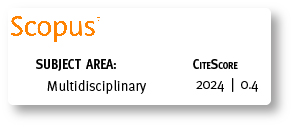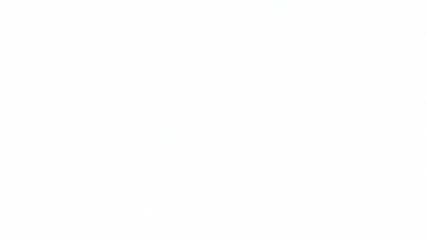COVID-19 pandemic: A wake-up call at science-policy-society to work towards a livable future
DOI:
https://doi.org/10.18537/mskn.12.02.00Abstract
The year 2021 is nearing its end when the online version of the journal MASKANA 12(2) is published. 2021, means that already one-fifth of the 21st century has passed. Since 2000 raised the world population from 6.1 to 7.9 billion, or 29.5%. Different models predict that the world population in 2030, the year that the world leaders in Glasgow (UK) during the GOP26 meeting agreed to limit global warming to 1.5°C, will increase to 8.5 billion. Wonder if the world possesses the capacity to secure food, given the continuing exponential growth of the population, and at the same time will be able to limit the warming up of the planet by 1.5°C? According to the yearly study of FAO (Food and Agriculture Organization of the United Nations) on the state of food security increased the number of people experiencing undernourishment since 2014, and today the world experiences an unprecedented setback in its hunger eradication effort. The major drivers behind the decline in food security and nutrition are according to FAO: conflict, climate variability and extremes, and economic slowdowns and downturns. The impacts the people experience are exacerbated by the levels of inequality in terms of income, productive capacity, assets, technology, education and health. The COVID-19 pandemic has been an additional factor that put the world off track to ending world hunger, malnutrition, climate change, immigration, that the rich are getting richer, and the poor are becoming poorer, among other phenomena of inequality. Parallel to these evolutions, democracy worldwide is in decline. According to IDEA (International Institute for Democracy and Electoral Assistance), is the trend of democratic erosion ongoing since 2006 and is today worse than ever before.
Downloads
Metrics
Downloads
Published
How to Cite
Issue
Section
License
Copyright (c) 2021 Feyen Jan

This work is licensed under a Creative Commons Attribution 4.0 International License.
Copyright © Autors. Creative Commons Attribution 4.0 License. for any article submitted from 6 June 2017 onwards. For manuscripts submitted before, the CC BY 3.0 License was used.
![]()
You are free to:
 |
Share — copy and redistribute the material in any medium or format |
 |
Adapt — remix, transform, and build upon the material for any purpose, even commercially. |
Under the following conditions:
 |
Attribution — You must give appropriate credit, provide a link to the licence, and indicate if changes were made. You may do so in any reasonable manner, but not in any way that suggests the licenser endorses you or your use. |
| No additional restrictions — You may not apply legal terms or technological measures that legally restrict others from doing anything the licence permits. |









